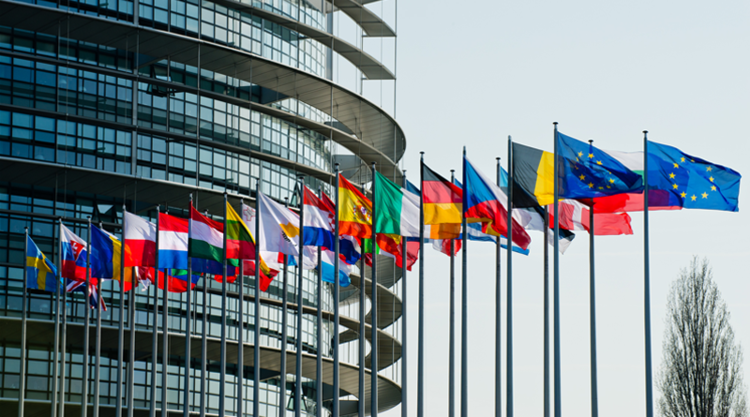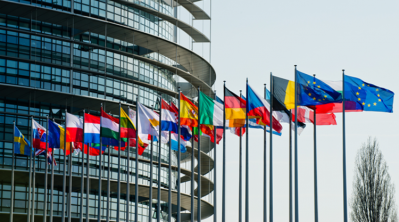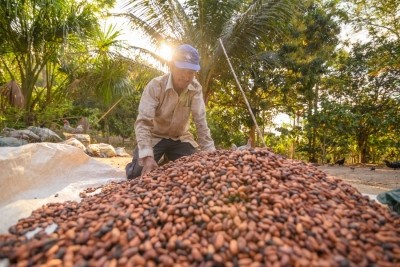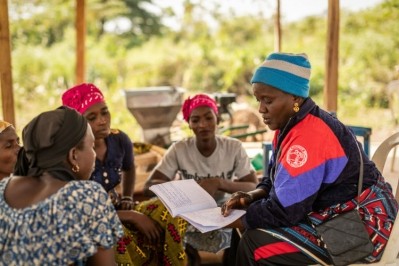Regulation
MEPs write to the European Commission to beef up Cocoa Talks with an Economic Pact across the value chain

A group of MEPs from the European Parliament has called for the European Commission (EC) to enter into negotiations with Ghana and Cote d’Ivoire following a proposal by the two largest cocoa producing countries to establish an Economic Pact for Sustainable Cocoa to address the entire cocoa value chain.
An Economic Pact that addresses the key sustainability barrier – a living income for farmers – would be a key enabler in support of reaching the objectives of the upcoming EU legislation on Deforestation-free products and Corporate Sustainability Due Diligence, the MEPs argue in a letter to the EC and seen by ConfectioneryNews.
The low and unstable price West African countries and their farmers receive for their cocoa in Ghana and Cote d’Ivoire is not only a human rights issue in itself, it is also a key driver of child labour and deforestation
In the letter, the MEPs say they urge the Commission to take up the offer of the governments of Ghana and Cote d’Ivoire for an Economic Pact for Sustainable Cocoa, as the “next step” in the EU Cocoa Talks.
The MEPs have followed and championed the Cocoa Talks since their inception (in February 2021) and in the letter they write:
“We were encouraged by seeing a diverse group of actors from producer and consumer countries come around the table to discuss sustainability issues in the cocoa sector. However, for now, it remains somewhat unclear as to what is or will be the outcome of these talks.
“We have noted the Economic Pact for Sustainable Cocoa proposed by the governments of Cote d’Ivoire and Ghana during their visit to Brussels in February this year. During their visit, the Ivorian and Ghanaian governments rightly called attention to the low cocoa price as a fundamental missing element of the EU’s regulatory proposals on deforestation-free products and corporate sustainability due diligence.
“The proposal of an Economic Pact provides an opportunity to reach an agreement with the producer countries on a way forward on the key issue of price, as well as on other sustainability issues, and to obtain a concrete outcome of the Cocoa Talks. We therefore call on the Commission to open negotiations with Cote d’Ivoire & Ghana to reach an Economic Pact for Sustainable Cocoa.
“The low and unstable price West African countries and their farmers receive for their cocoa in Ghana and Cote d’Ivoire is not only a human rights issue in itself, it is also a key driver of child labour and deforestation, both of which the Commission aims to address in its abovementioned recent legislative proposals.”
It is common knowledge the vast majority of farmers in the two leading cocoa-producing countries live in extreme poverty, earning well under $1 USD per day.
The MEPs point out that despite back-breaking labour, farmers receive “a pittance” for the cocoa they produce: only around 6% of the final sale price of a chocolate bar. This situation cannot be said to be inevitable: in 1980, farmers received 16% of the final sale price, almost three times what they earn today.
Oversupply
Partly, this is driven by a growing oversupply of cocoa on the world market, which has forced prices downwards over the years. In 2019, the governments of Ghana and Cote d’Ivoire introduced the Living Income Differential (LID) price mechanism, a fixed living income differential of $400 above the market price with a direct payout to farmers.
However, in practice it has run into difficulties, say the MEPs. Global market prices have decreased since the launch of the LID and companies have since diversified their sourcing so that the two cocoa-producing governments were forced to lower the price paid to farmers.
The Commission’s proposals on deforestation-free products and corporate sustainability due diligence are welcomed by the MEPs, if “long overdue”. If sufficiently robust they can provide a game-changing effect on sustainability and human rights issues in the cocoa sector.
“But they must be accompanied by measures to address the low prices that farmers receive for their cocoa. We wish to recall that the right to an adequate standard of living is a human right under the United Nations Declaration on Human Rights,” they state.
The MEPs who signed the letter to the EC are: Maria Arena, MEP, Saskia Bricmont, MEP, Anna Cavazzini, MEP, Ignazio Corrao, MEP, Pascal Durand, MEP, Heidi Hautala, MEP, Helmut Scholz, MEP, Michal Wiezik, MEP.














